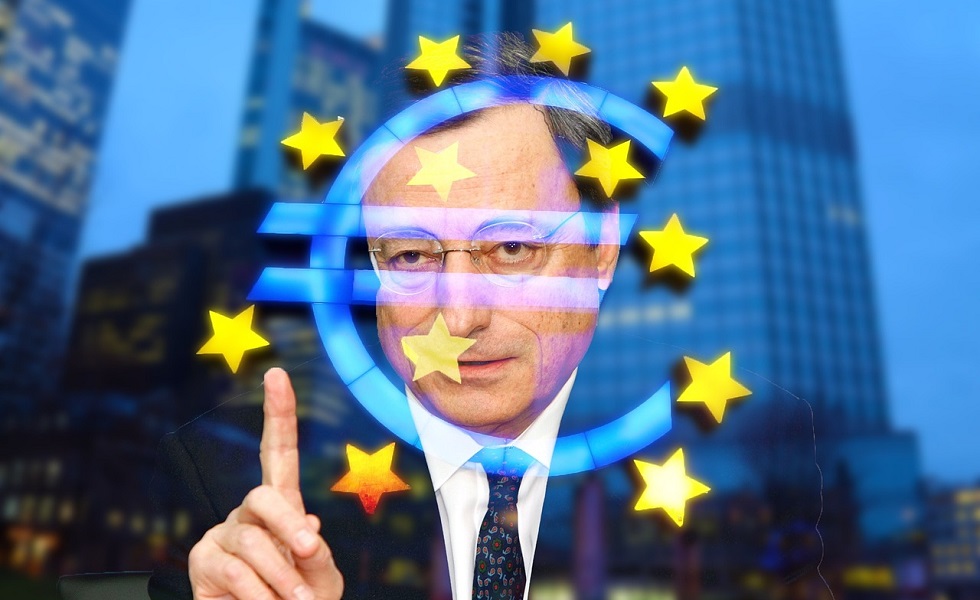AXA IM: Draghi captures the Zeitgeist
AXA IM: Draghi captures the Zeitgeist

By Gilles Moëc, AXA Group Chief Economist and Head of AXA IM Research
Mario Draghi’s meeting last Saturday with the EU finance ministers, as he is drafting his report on the Union’s competitiveness, is a reminder of his influence. In the speech he gave in Washington two weeks ago, he offered a sweeping vade mecum for policy-making in the post-Covid world.
He managed to combine a critique of globalisation under the 1990s operating system – ending on a call for a more muscular approach to international trade relations – with the need for cooperation between governments and central banks in which monetary policy would 'provide space' for the former to invest – and thus raise potential growth – and deal with a higher frequency of adverse supply-side shocks which is likely to be a consequence of deglobalisation.
Taken in isolation these elements are not necessarily innovative, but by articulating them in a coherent framework Mario Draghi has captured the Zeitgeist.
There are limits to his narrative. We think that pushed to its logic it would probably require an upward revision in the inflation target which we think would entail significant risks. We suspect Draghi wants to avoid raising too many red flags since several governments – and particularly Germany – are probably more than hesitant.
Beyond the current political difficulties in Berlin which make a strategy re-think difficult, we also remember that Germany has been a clear winner of 'all out' globalisation. Changing models is always difficult when the current one has been so obviously successful.
Still, between China’s less stellar domestic demand and its capacity to compete directly with German products, as well as with the prospect of an even more protectionist US government if Donald Trump wins, accepting a shift towards more mutualised investment spending in the EU and a more 'tolerant' central bank should gradually become more tempting for Berlin.
We also think that Berlin, once it removes its opposition to a change of model, could play a key role in insisting for moderation in the way a shift to Draghinomics could be executed in Europe. As much as the 1990s approach was flawed, we are also worried that the new-found general enthusiasm for curbing free trade and lifting state intervention could lead to some policy mistakes.









